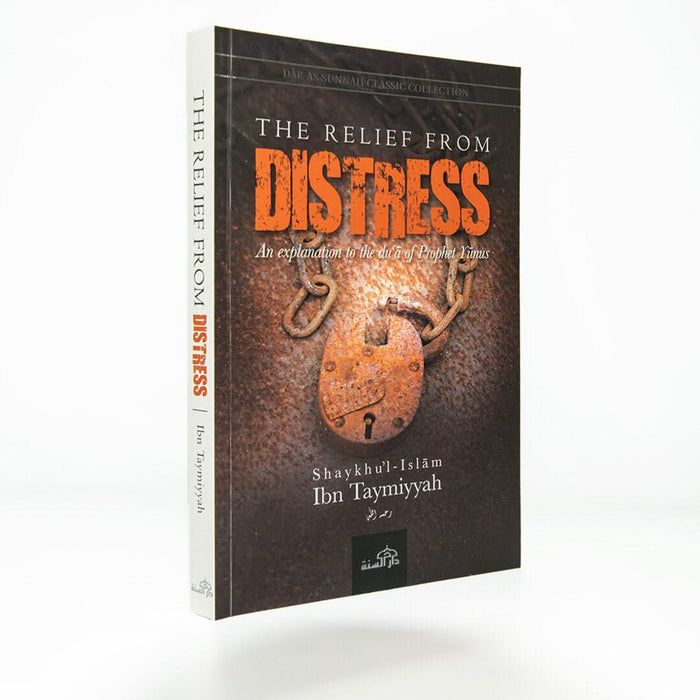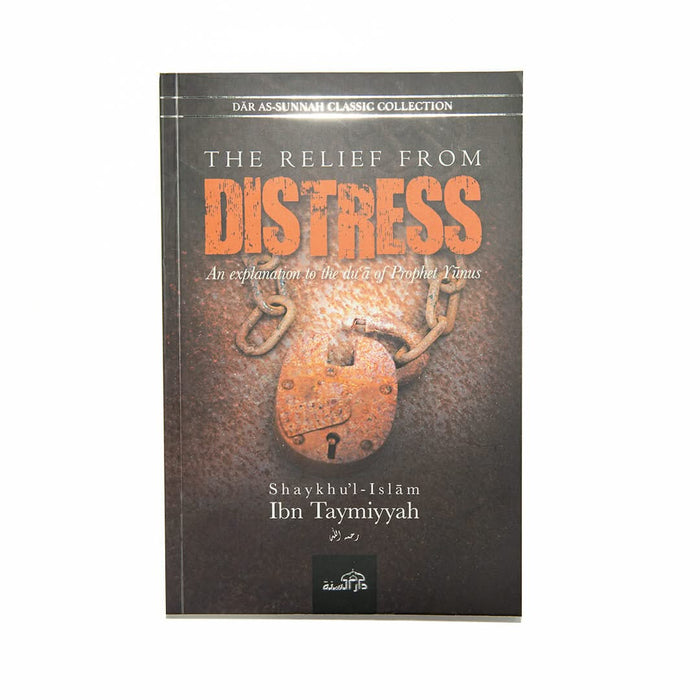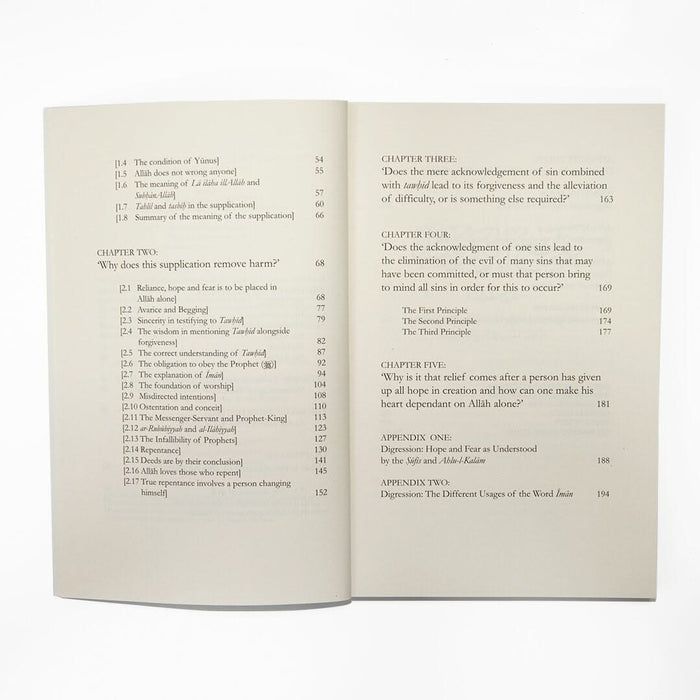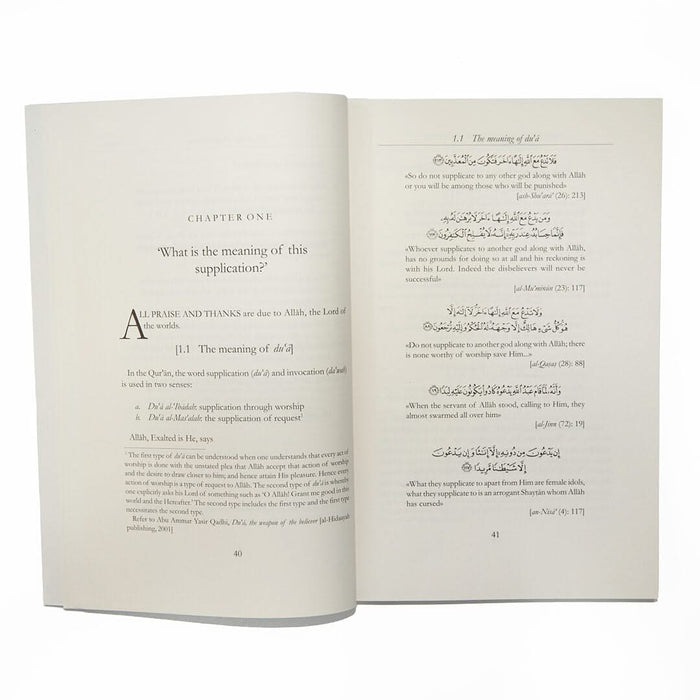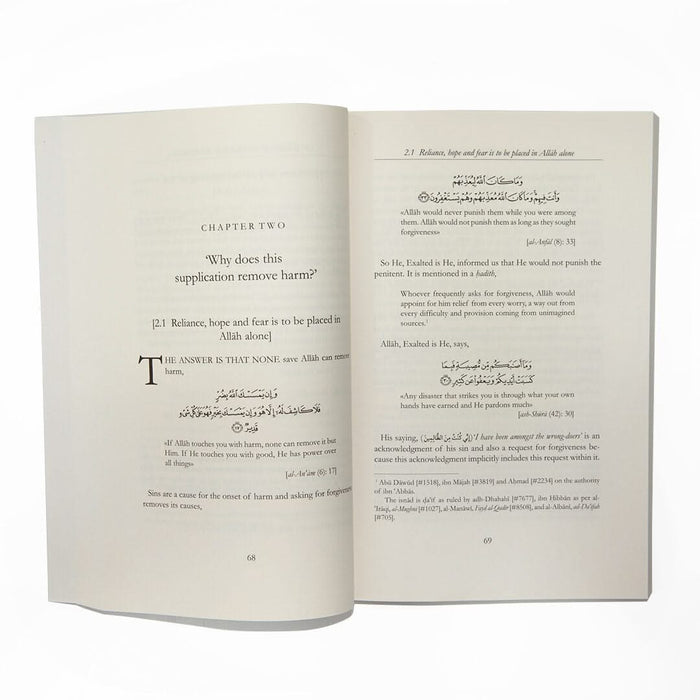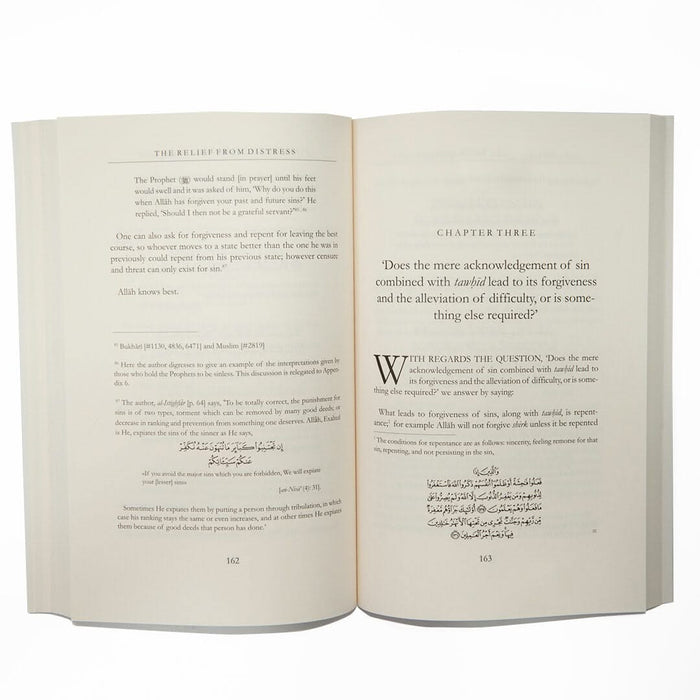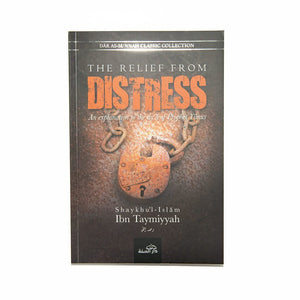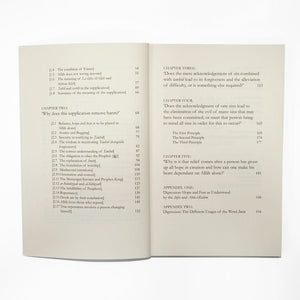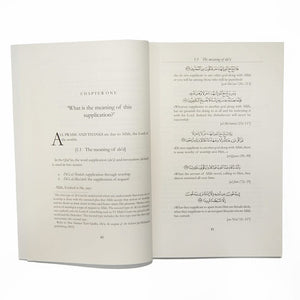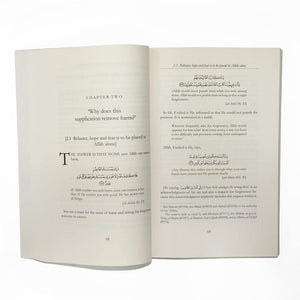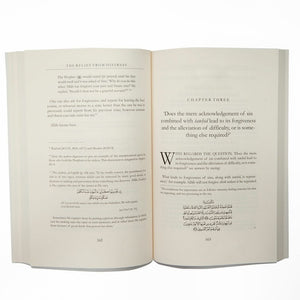The Relief from Distress - An Explanation of the Du'a of Prophet Yunus (AS), by Ibn Taymiyyah
4 interest-free payments of £2.99.
No fees. Shariah-compliant. Learn more
NOTE: This book is part of the 'Mental Wellbeing Bundle'.
'Mental Wellbeing Bundle' includes:
- Diseases Of The Hearts & Their Cures
- The Relief From Distress
Add both items to cart to reveal a discount!
About the Book
Shaykh al-Islam Ibn Taymiyyah, may Allah SWT sanctify his soul, was asked about the saying of the Prophet PBUH:
'The invocation of Prophet Yunus, "None has the right to be worshipped save You; glory be to You, far removed are You from any imperfection; I have been amongst the wrong-doers" (Surah Al-Anbya 21:87). None who is experiencing difficulty employs it except that Allah would relieve him of his difficulty.'
What is the meaning of this du’a (prayer, supplication)?
- Are their any unstated conditions that have to be met when one articulates it?
- What is the connection between belief in the heart and the meaning of this supplication such that it leads to the removal of difficulty?
- Why did he explicitly confess, ‘I have been amongst the wrong-doers’ when it is known that tawhid in itself leads to the removal of difficulty?
- Is it sufficient to acknowledge ones’ sin alone, or must this be accompanied by repentance and the firm resolve not to repeat that sin in the future?
- Why is it that difficulty and harm is removed only when a person relinquishes any hope, reliance and dependency upon the creation?
- How can the heart relinquish the characteristic of putting hope in the creation and depending on them, and instead put its hope in Allah, Exalted is He, and turn to Him in its entirety?
- What are the methods that would aid the heart in doing this?
About the Author
Shaykh al-Islam Ibn Taymiyyah, full name Ahmad ibn Abdul-Halim ibn Abdus-Salam ibn Taymiyyah al-Harrani al-Hanbali, was a prominent medieval Islamic scholar, theologian, jurist, and reformer. He was born in 1263 CE in Harran (modern-day Turkey) and passed away in 1328 CE in Damascus, Syria.
Ibn Taymiyyah was one of the most influential scholars in Islamic history, and his ideas continue to have a significant impact on contemporary Islamic thought. He was well-versed in various Islamic sciences, including theology, jurisprudence, Hadith, Quranic exegesis, and history.
Added to Cart? Discover More!
Keep exploring our collection of enriching Islamic books. Enhance your knowledge and spirituality.


